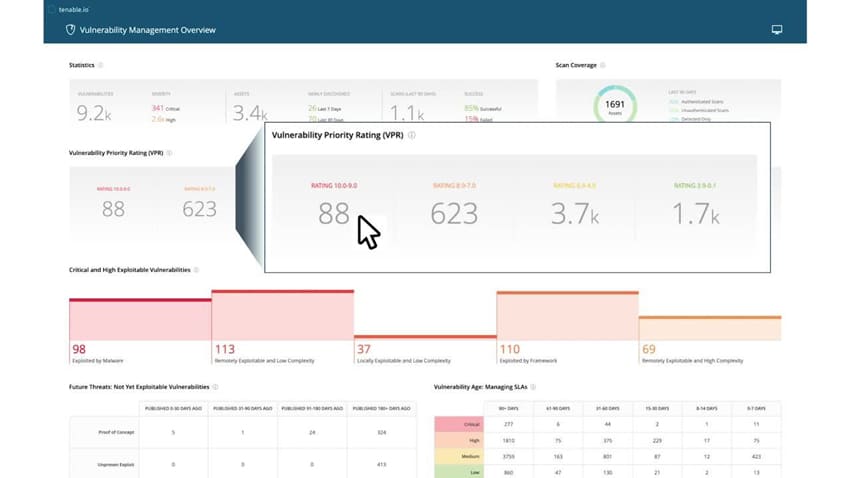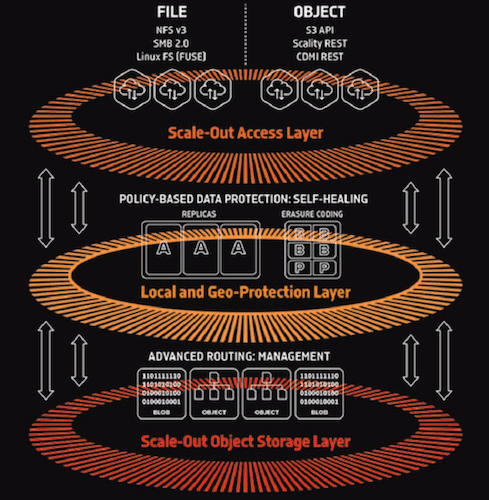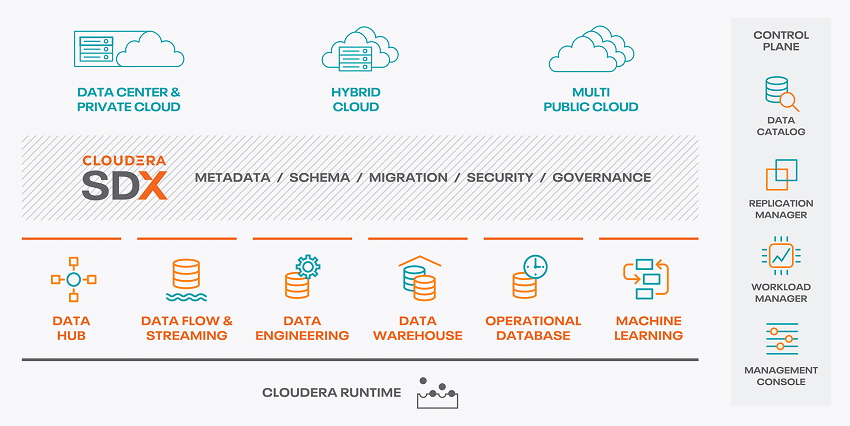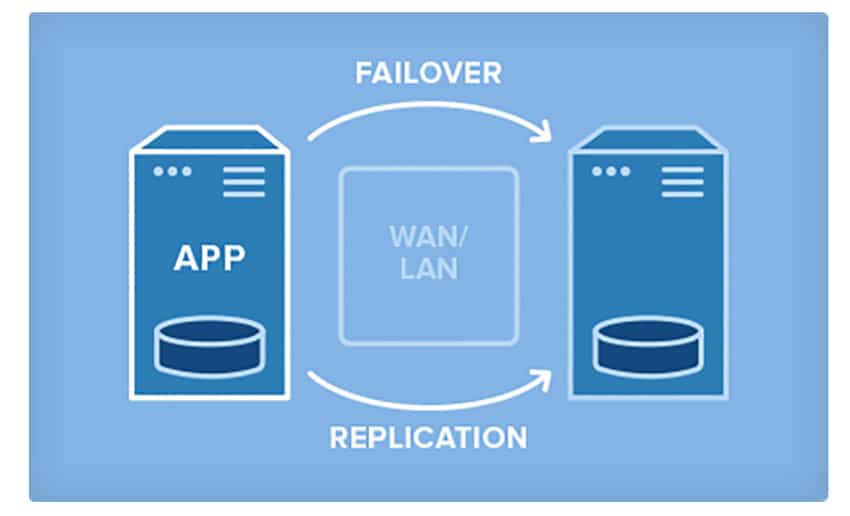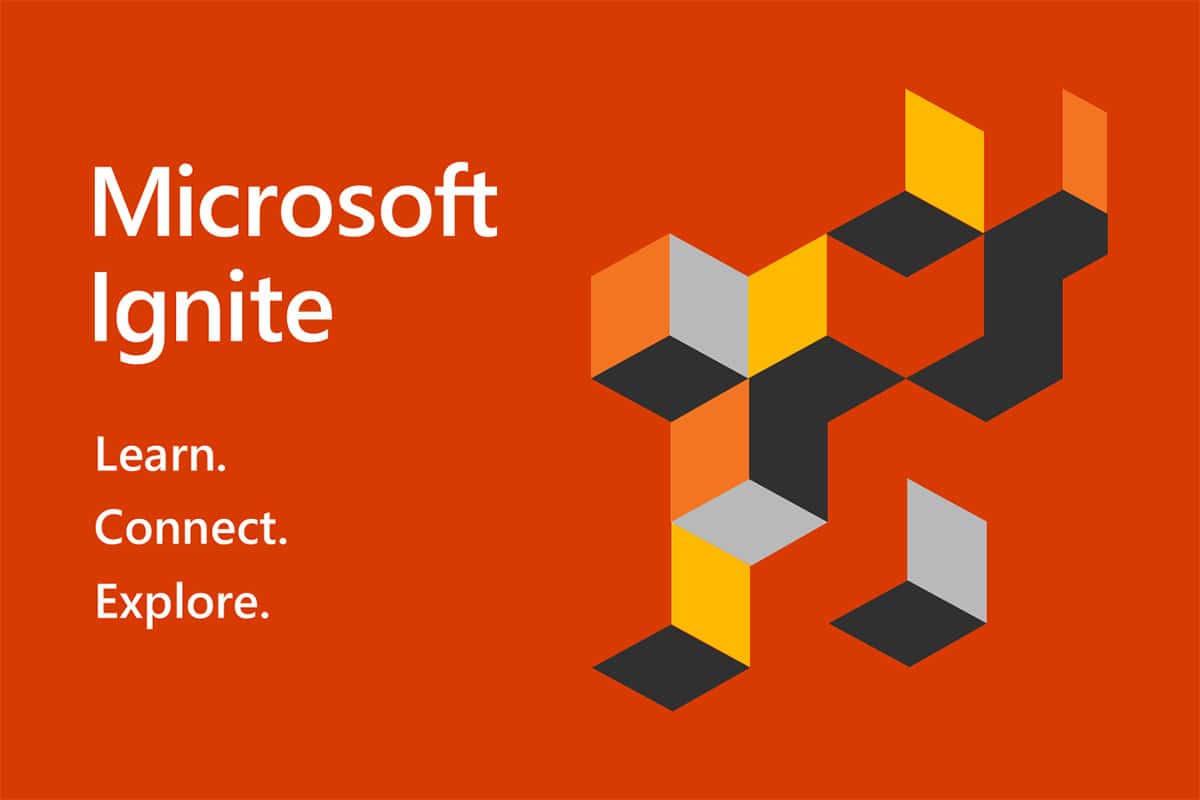
Our News Bits is a roundup that typically covers news pieces that are just small in content, not in impact. This gives content room to breathe even if it comes in less than what we normally cover. This week Microsoft Ignite 2019 took place in Orlando, Florida. While we covered the major announcements from Microsoft, there were several other smaller announcements. These announcements come from vendors such as Tenable, Scality, Intel, Cloudera, SIOS, and Unisys.
Tenable Integrates with Azure
Tenable announced an integration between its Tenable.io and the new Microsoft Azure Security Center application programming interface (API) to secure dynamic cloud environments. According to the companies, the joint technology will give users a single, holistic view into cyber exposure across their cloud-based assets. This is achieved by Tenable.io imports cloud asset data from Azure, checking for any vulnerabilities, and they sending the results to Azure Security Center for remediation.
Scality Enables On-premises Cloud-Native Storage For Azure
Scality announced RING and Zenko support for client-side Azure Blob storage through native API front-end connectivity. The two companies would enable those that leverage hybrid cloud, private cloud, and edge solutions to also combine Azure compute and data service with petabyte-scale on-premises storage. While Zenko already had support for Azure Blob Storage, this week’s announcement bring in RAING as well giving users nearly “unlimited” storage for Azure edge solutions such as Azure Stack Hub and Azure Stack Edge.
Azure To Leverage Intel Optane In Some Instances
Intel announced that both its 2nd generation Xeon Scalable processors and its Optane DC persistent memory are now powering some on-premise Microsoft software and Azure cloud services. Particularly, Microsoft Azure announced new cloud instances that are designed for SAP HANA that leverage the new CPUs and Optane memory up, giving these instances up to 9TB of memory total. On top of that, two of Intel’s system partners, DataON and QCT, announced Intel Select Solutions for Azure Stack HCI.
Cloudera Data Platform Available On Azure
Today, Cloudera announced the new Cloudera Data Platform (CDP) powered by Microsoft Azure. Cloudera leverages Azure infrastructure services such as:
- Azure Data Lake Storage (ADLS) to run high performance analytics with increased availability and durability.
- Azure Resource Manager (ARM) templates to deploy infrastructure as code in Azure, ensuring rapid, consistent, and repeatable deployment of CDP services.
- Azure Kubernetes Service (AKS) to scale up or down depending on the analytics workload to more easily and cost effectively meet service level agreements (SLA) and take advantage of the benefits of cloud bursting.
SIOS DataKeeper Now Available Through Azure Marketplace
SIOS Technology Corp. announced that its Azure Certified SIOS Datakeeper Cluster Edition is available in the Azure Marketplace and Azure Stack Marketplace. SIOS claims that this will deliver a high availability (HA) solution for critical applications running in Azure – and now Azure Stack environments, for a seamless hybrid computing experience.
SIOS Datakeeper Cluster Edition
Unisys Enhances CloudForte Services with New Optimization & Security Capabilities For Azure
Unisys Corporation announced two new features Unisys Cloud Architecture Navigator and Cloud Compliance Director. These new features enable clients to optimize operations and enhance security for workloads delivered through the Unisys CloudForte service solution for Microsoft Azure. The features include:
- Cloud Architecture Navigator enables continual review and optimization of how cloud implementations match up to changing technology and fluctuating workload requirements across six critical aspects of the cloud: cost, security, performance, reliability, operations and application modernization. As a result, Unisys recommends optimizations and remediations that enable the organization to have an Azure or other cloud environment delivering services at peak performance and greatest cost-efficiency.
- Cloud Compliance Director provides an automated capability for cloud security posture management (CSPM) – a daunting challenge as cyber threats steadily become more sophisticated. Cloud Compliance Director applies reviews, best practice guidance, improvement plans and optimization across five critical cloud pillars: cost, security, performance, reliability and operations. This capability drives operational improvement through integration with DevOps, multi-cloud environments and other advanced cloud architectures. Most of all, it fosters a thoroughly security-optimized cloud environment and a culture of continuous compliance.

